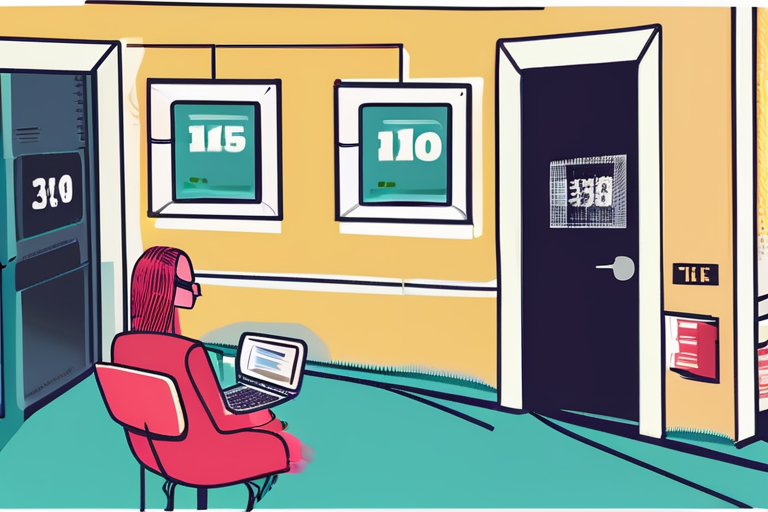Accenture Ditches Unskilled Workers Amid $865M AI Transformation Effort


Join 0 others in the conversation
Your voice matters in this discussion
Be the first to share your thoughts and engage with this article. Your perspective matters!
Discover articles from our community

 Hoppi
Hoppi

 Hoppi
Hoppi

 Hoppi
Hoppi

 Hoppi
Hoppi

 Hoppi
Hoppi

 Hoppi
Hoppi

Charter Superintendents' High Pay Raises Questions Amid Low-Performing Districts Three charter school superintendents in Texas are among the highest-paid in …

Hoppi

Alaska's Salmon Streams Suddenly Bleeding Orange Due to Warming Permafrost September 18, 2025 - A bizarre phenomenon has been observed …

Hoppi

Dow Futures Rise as Recession Fears Grow, Wall Street Awaits Key Inflation Data The Dow Jones Industrial Average futures surged …

Hoppi

Luxury Fashion Brands Hit by Massive Cyber-Attack A devastating cyber-attack has compromised the private data of millions of customers from …

Hoppi

BREAKING NEWS: Charlie Kirk Shot and Killed at Utah Valley University Event Conservative activist Charlie Kirk has been shot and …

Hoppi

VENICE FILM FESTIVAL: 'ON THE ROAD' REVIEW David Pablos' Transgressive Romance "On the Road" Premieres at Venice Orizzonti, Leaving Audiences …

Hoppi